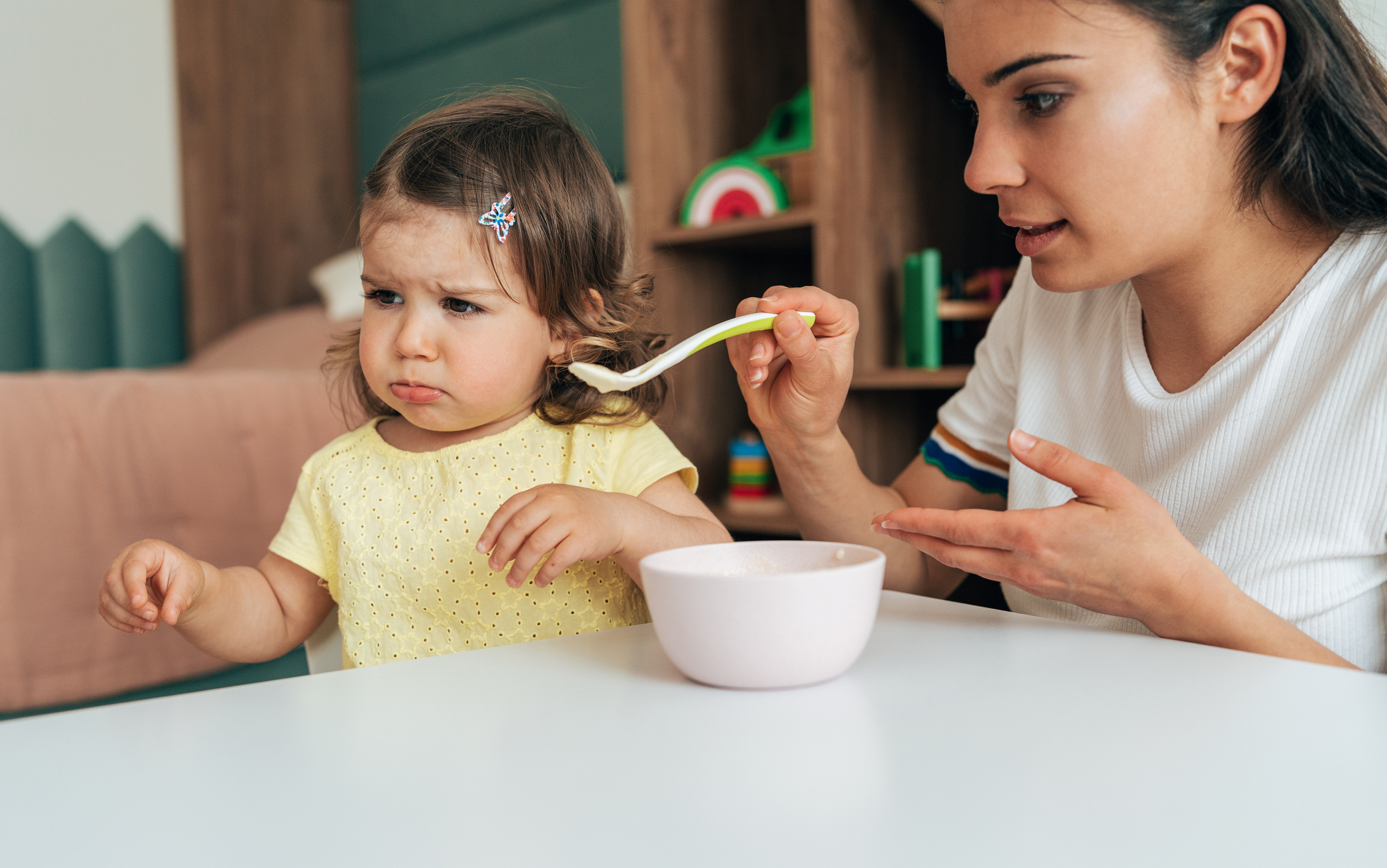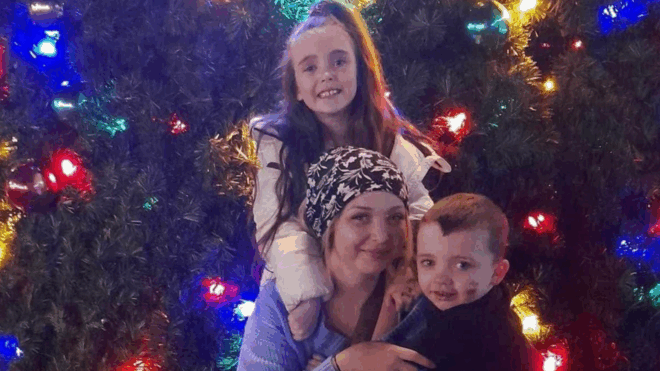
What is infant mental health? That’s exactly what I asked myself when I saw that June 12 to 18 is Infant Mental Health Awareness Week. I had no idea, or maybe I just never stopped to think about the fact that infants can suffer from mental health issues. I’ve had two children and three pregnancies in the past 18 years, and I’ve never heard of this, which is weird as I am a huge advocate of mental health awareness for all ages.
I’ve shared my own mental health struggles with readers and focused on teen mental health awareness (especially since the pandemic) for over a decade. I believe that everyone could benefit from therapy and mental health is just as important as our physical health.
More from CafeMom: I Didn't Struggle With Postpartum Anxiety After My Second Baby & the Guilt Was Intense
So, what is infant mental health exactly?
When you hear the term “infant mental health” you may be thinking to yourself, What kind of mental health issue could affect a brand spanking new person? This kid has no bills to pay or relationship problems to navigate. Babies don’t have to worry about getting a job or supporting a family. What’s a baby got to be depressed about? But it’s so much more than that.
The term infant mental health refers to infants and children from birth to age 5 (depending on your state’s definition) and their families. Now, that’s a whole different ball game. From that perspective, I get it. According to Manhattan Psychology Group, infant mental health is the developing capacity of the child from birth to age 5 “to experience, regulate (manage), and express emotions; form close and secure interpersonal relationships; and explore and master the environment and learn — all in the context of family, community, and cultural expectations for young children.”
According to Lurie Children’s Hospital of Chicago, “infant mental health refers to the long established discipline based on attachment theory and uses the relationship between the infant/child and their caregiver(s) as an area of focus.”
You’ve heard the saying, “If mama ain’t happy, nobody’s happy.” Well, if mama’s not mentally healthy, it’s likely neither are the little people who depend on her. If mom’s feeling distraught, anxious, or depressed then her infant or toddler is likely to be experiencing the effects of that and may be showing signs of negative behaviors. At the same time, if you have a newborn who is fussy or irritated, a dad’s mental health can be affected because he feels he can’t soothe and manage his child’s behavior. The child, from infancy up to age 5, and the parent, influence each other’s behaviors. Infant mental health clinicians work closely, taking both aspects into consideration to restore harmony and increase functionality for the family.
What does infant mental health look like?

Infant mental health often begins with a referral from a doctor or report from a parent for an infant displaying fussiness, picky feeding and eating, sleep concerns, and general soothing concerns. In toddlers and preschoolers, the referrals are usually due to behavioral concerns, potty training woes, early anxious and inflexible behavior, picky eating, and sleep concerns. These symptoms can be signs that the family needs to work with an infant mental health professional to create a plan that is beneficial to the child and the caregivers.
More from CafeMom: Mom Says This 1 Thing Is Adding to the 'Mental Load' of Motherhood & No One Talks About It
Why should every parent care about infant mental health?
During infancy, the brain rapidly develops and the foundation for how the child will interact with others, manage and express their emotions, and how they will learn is being laid. If warning signs of poor infant mental health come up at this stage, interventions can have a more lasting and powerful effect than those that occur later in development. That’s why it is so important that we keep an eye on our infant’s mental health status, pay attention to what influences change, and recognize the warning signs that a child is struggling.
According to MPG, common warning signs of infant mental health struggles:
• Not wanting to be held
• Not being able to be comforted when upset, or being upset for longer than seems right
• Fussiness (e.g., screaming, whining, crying)
• Eating and sleeping difficulties
• Not making eye contact with the parent or caregiver, or avoiding eye contact with others
• Not seeming to interact with others
• Not making noises very often, like cooing or babbling sounds
• Not using language as expected for their age
• Losing skills they could once do
• Tantrums
• Aggression (e.g., hitting, biting, pinching)
• Anger, frustration, head-banging
• Separation anxiety or withdrawal from parent
• Developmental concerns (e.g., autistic behaviors, language problems)
What can I do as a parent?
The best thing you can do is be aware. Notice changes in behavior and make sure that your child knows that they are loved unconditionally and can talk to you about anything. Be encouraging and positive. Make it OK to talk about feelings and have those talks regularly. If you notice changes beyond normal developmental changes, ask them how they feel and include them in the decision-making process of how to move forward. Do what’s best for them but let them know they are heard and their feelings matter. Don’t be afraid to get professional help.
As parents, we have our limitations. We can’t do everything and there is no shame, nor are you a failure as a parent, if your child needs professional mental health help.




